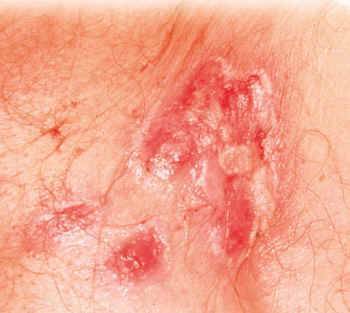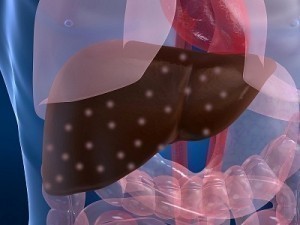What Causes Colon Cancer?
The National Institute of Cancer (NIC) in the US defines colon cancer as “cancer that forms in the tissues of the colon (the longest part of the large intestine)”. NIC states that most colon cancers are adenocarcinomas (cancers that begin in cells that make and release mucus and other fluids). Colon cancer is also called colorectal cancer or large bowel cancer which is cancer that starts in either the colon or the rectum.
Colon cancer is the third commonest form of cancer and third leading cause of cancer-related deaths. Colorectal cancers develop over a period of time, usually years and mostly begins as a tissue that originates in the lining before growing into the center of the colon or rectum.
 Causes of Colon Cancer
Causes of Colon Cancer
Colon Polyps
It is believe that most colon cancers develop in colon polyps. Damage to chromosome in cells lining the inner walls of the colon will lead to colon polyps. The damage sustained by the chromosomes will create uncontrollable cell growth and masses of extra tissue. Over time the damage to the chromosomes may increase and eventually become cancerous.
Family History
Family history is a significant colon cancer risk although it doesn’t account for a large percentage (about 80%) of colon cancer cases. Colon cancer syndromes are inherited by an individual as cancer causing genetic defects (caused by damaged chromosomes) from their parent/s. The damage sustained by the chromosomes will lead to the development of polyps and gradually result in cancer. There are also polyps that occur although there is no family history of them. In this case the chromosome damages are acquired (develop in a cell during adult life).
Diet
High intakes of fat and cholesterol can lead to colorectal cancer because the breakdown products of fat metabolism lead to carcinogens (cancer agents). High intake of vegetables and high-fiber foods can lower this cancer risk.
Age
Age is recognized as a high risk factor for colon cancer. The risk of colon cancer increases at age 50 and above. A high percentage of colon cancer results from cancerous polyps in the glandular tissue that lines the intestine; as people age they are more likely to have these tumors.
Other Diseases
Colon cancer can result as a complication of Ulcerative colitis and Crohn’s disease which are both chronic inflammation of the large intestine and are sometimes referred to as inflammatory bowel disease. Ulcerative colitis and Crohn’s disease are caused by abnormal activation of the immune system in the intestines. Normally the immune system is activated to fight off bateria and infection, this activation creates inflammation as a defense mechanism. However, if the immune system is activated unnecessarily and continuously this will eventually lead to ulceration. Persons who have had or have other cancers such as ovarian or pancreatic cancers may be susceptible to colon cancer.
For more information on What Causes Colon Cancer read:






